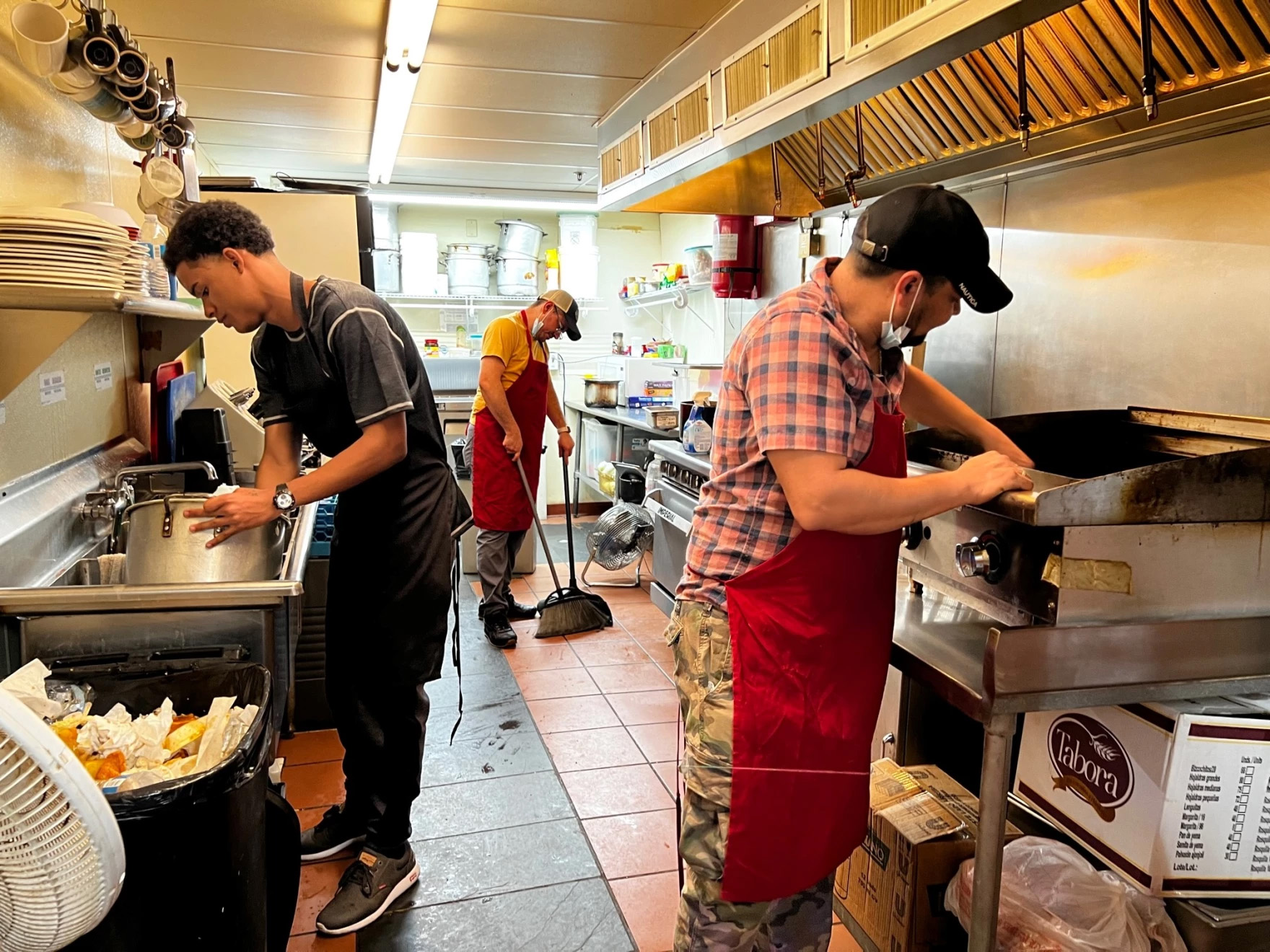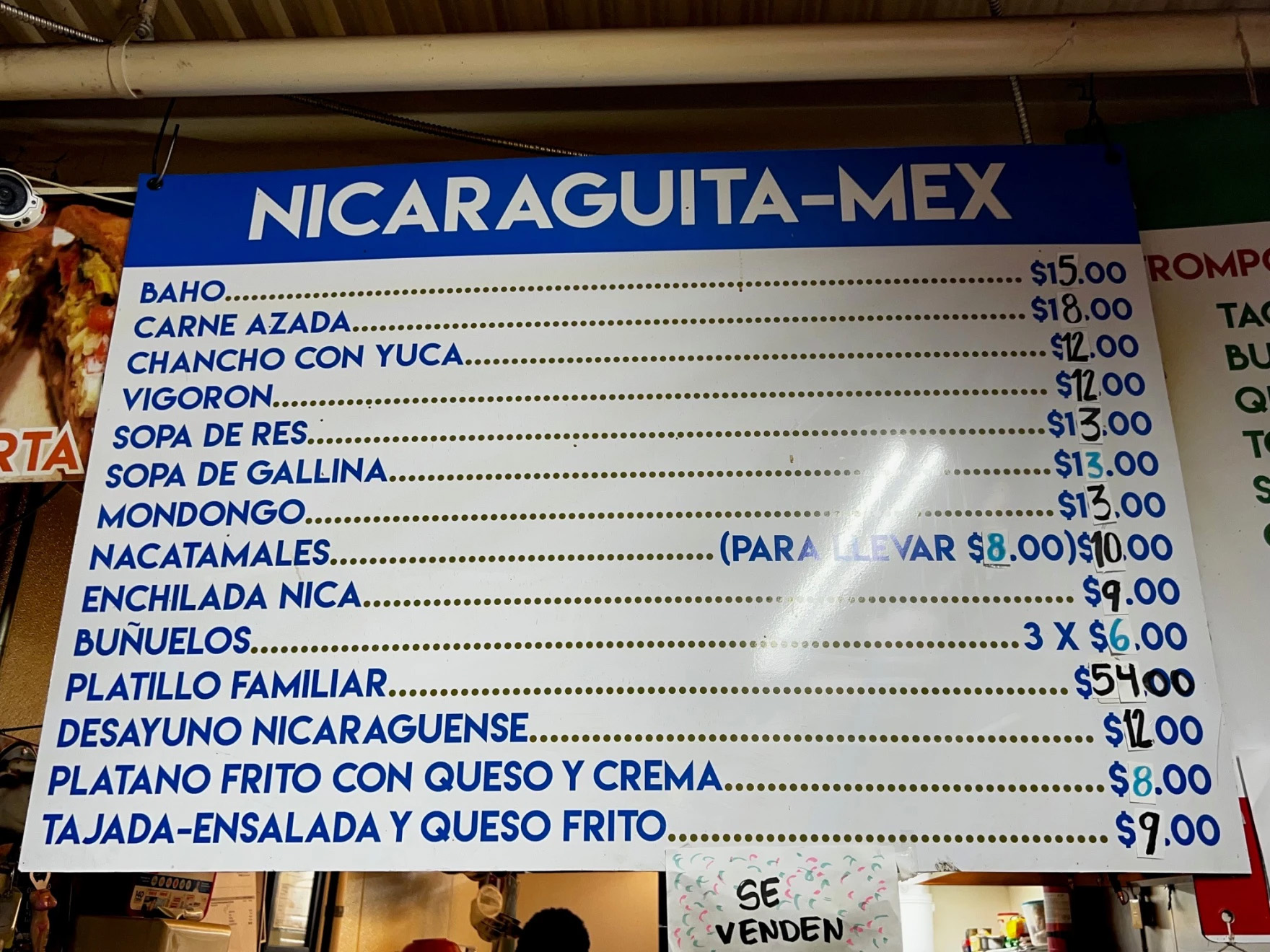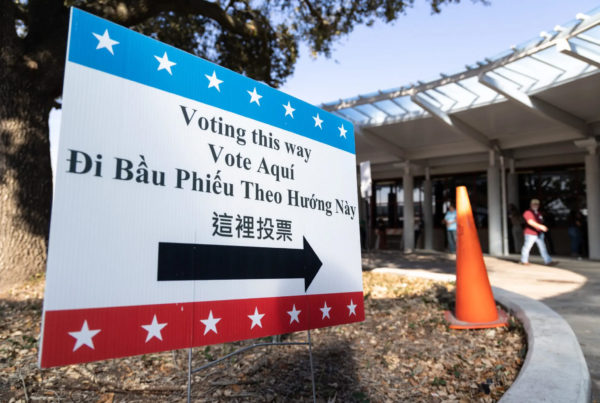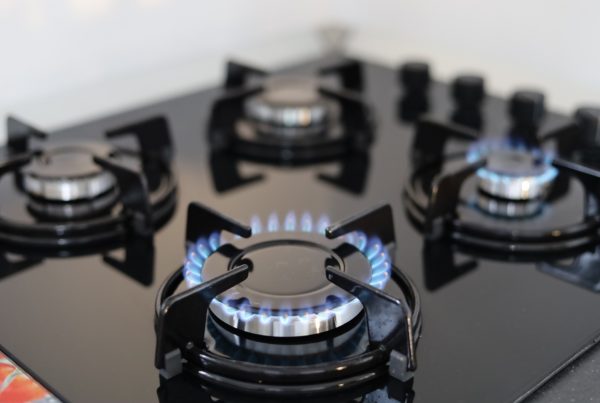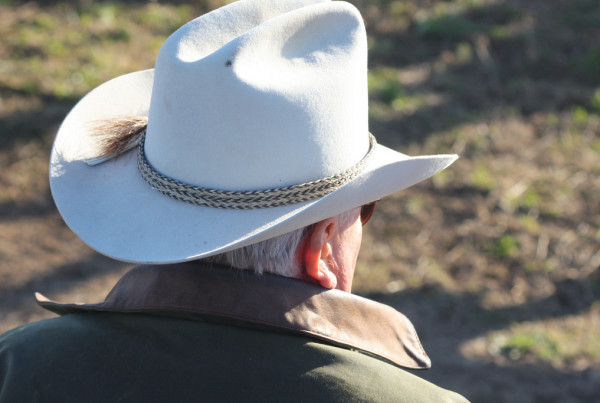From KERA:
It’s the end of a long day of cooking and serving customers at Nicaraguita-Mex restaurant in Dallas.
Jimmy Salmeron and a couple of workers are sweeping, washing dishes and scraping grease and food off a grill. Here you can find a number of Nicaraguan favorites — Baho, Nacatamales and Chanco con Yuca.
Salmeron, 45, has operated this restaurant for the past six years inside the Super Fiesta Bazaar on the western edge of Oak Cliff off State Highway Loop 12.
“The truth is that a lot of people are coming to the U.S., but everyone deserves an opportunity and well, this is the land of opportunities,” said Salmeron who’s originally from Nicaragua.
Earlier this month, the Biden administration announced a so-called parole process for citizens from Nicaragua, Haiti and Cuba, modeled after a program launched for Venezuelans last October. Under this process, the U.S. is allowing up to 30,000 individuals from these countries a month to come to the U.S. for two years. Once here, they can get work authorization and seek asylum.
Historically, Mexicans have made up a large percentage of immigrants in North Texas, but migrants from Central and South America have been setting roots here too — and they’ve been helping shape the cultural fabric. Some are entrepreneurs, some are students and some are still learning to navigate a new country and new way of life.
Salmeron said he’s doing his part to help other immigrants in his community. Two of his workers, for example, also came from Nicaragua. Both arrived before this new program was announced and say they’re going through the asylum process.
“I don’t think anyone wants to migrate,” said Michael Ruiz Castro. “It’s a difficult decision to leave your country, leave everything you know.”
The 26-year-old said he left Nicaragua because he no longer felt safe after speaking out about politics. Ruiz Castro said he has mixed feelings about the Biden administration’s newly unveiled immigration policy.
I think the recent announcement, which affects Nicaraguans, is good, but I also have some doubts,” he said.
While it offers an opportunity for some to come here, he said others may not have someone in the U.S. can financially support them as the program requires.


